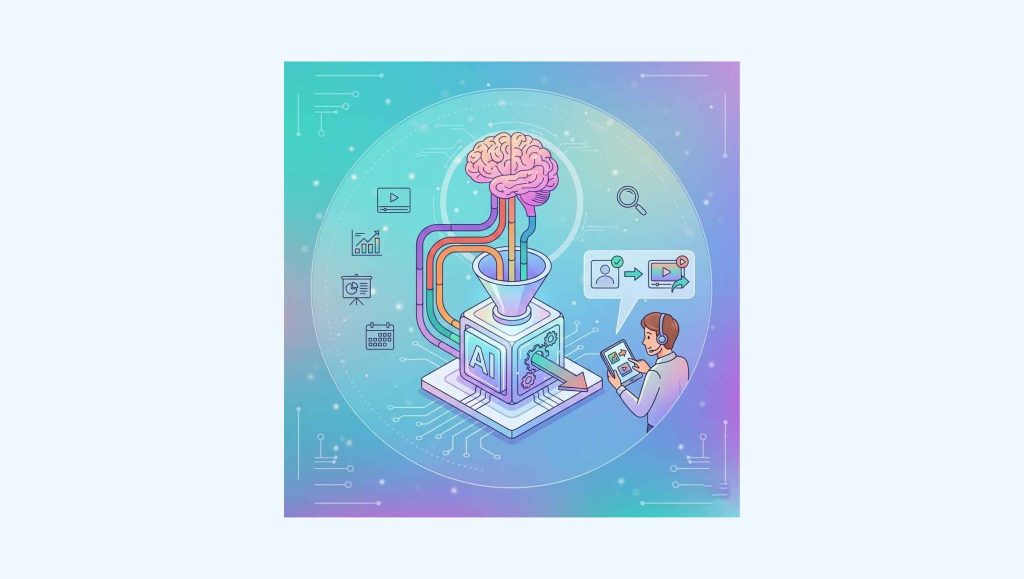Neustar Inc., a global information services and technology company and leader in identity resolution, has released its annual report on caller authentication in customer contact centers. The 2020 report, based on a recent survey of contact center professionals, indicates that awareness of newer authentication technologies is continuing to grow, though knowledge-based authentication (using callers’ knowledge of personal and account information to validate their identities) remains entrenched.
Read more: How Contract Acceptance Is Evolving with New Customer Experience Expectations
@Neustar releases 2020 ‘State of Call Center Authentication’ report
The report elaborates on the following key insights:
- Awareness of authentication via pre-answer phone call analysis has increased to 77%, a level nearly as high as that of traditional KBA using account information (82%). Only 23% of survey respondents expressed a preference for authentication to be completed during an agent conversation, with 39% preferring authentication before the call is answered and 32% during use of the interactive voice response system.
- There is a growing understanding of the inherent risks of KBA — risks that are amplified by the vast quantities of personal information available on social media and on the dark web as a result of data breaches. Companies in the financial services industry in particular report continued concern about account takeover attacks via the voice channel, considering that call center agents become increasingly susceptible to social engineering attacks as customers’ personal information becomes less secure.
- The risk of account takeover is compounded by growth in the use of virtual calling services. This year, more survey respondents saw an increase in virtualized calls (70%) than in spoofing (65%). Neustar’s own customer data show that as many as 80% of account takeover attempts between September 2019 and February 2020 were made with virtual calling services, which allow criminals to make calls that will slip through spoof-detection systems. To combat this type of fraud, call centers will need to deploy tools that confirm each calling device’s uniqueness, authenticity, physicality and risk of fraud.
- Although 54% of survey respondents said they were “somewhat” or “very” confident that KBA alone can accurately authenticate their callers, their stated plans suggest otherwise: just 17% plan to continue using only KBA in the year ahead. The largest share (34%) plan to supplement KBA with one new technology approach to create two-factor authentication, while others plan to replace KBA with a new single-factor technology approach (12%) or a new two-factor technology approach (15%). Just 23% reported being unsure of their plans for multifactor authentication, the lowest share since the survey began in 2018.
Read More: Everbridge Appoints Finastra CEO Simon Paris To Its Board Of Directors





















